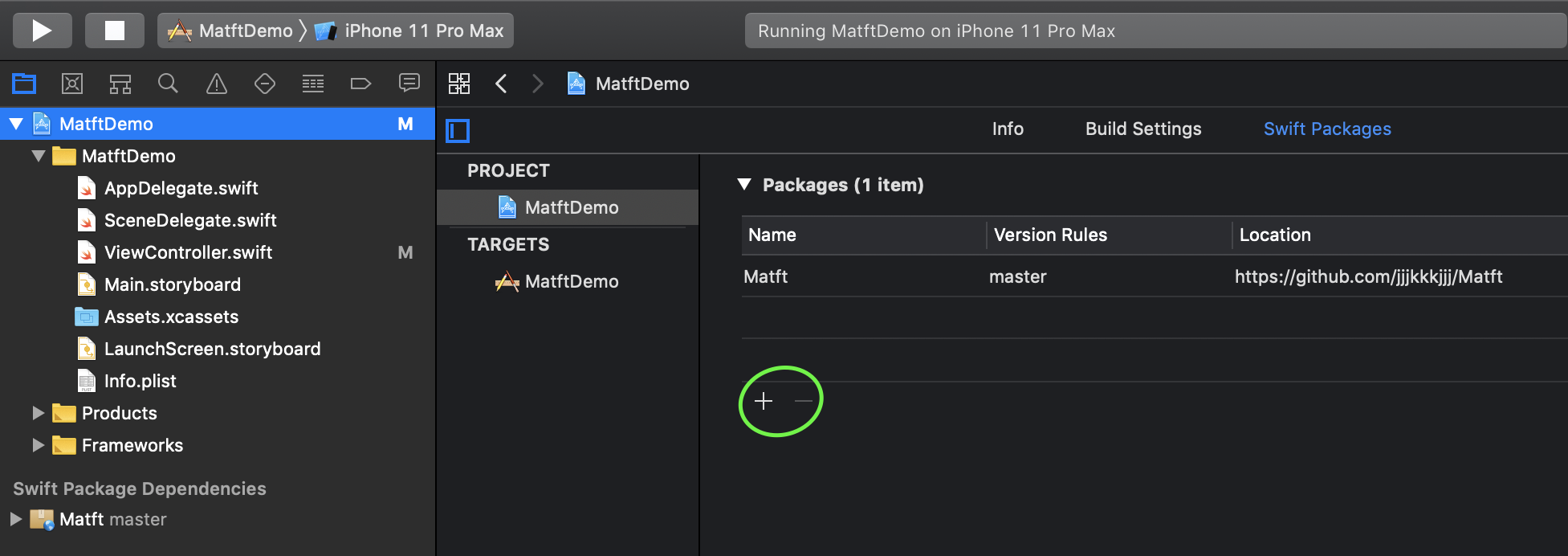Revolver is a framework for building fast genetic algorithms in Swift 3.0.
Features
- Chromosomes: strings, trees
- Genetic operators: reproduction, mutation, crossover (1-point, 2-point, tree crossover)
- Selections: roulette, rank, tournament, random, best/worst
- Terminations: fixed number of generations, fitness threshold, date scheduling
- Evaluators: sequential, parallel, aggregate
- Random generators: Mersenne Twister, arc4random, drand48
- Everything listed above is ready-to-run, yet easily extensible. By subclassing base classes and conforming to protocols, you can customize almost anything.
- Well-documented API and many usage examples.
- Unit tests.
Compatibility
Revolver was built with the open-source implementation of Swift in mind. For that reason, a great deal of effort was put into making it compile on Linux.
Revolver is dependent on:
- Swift 3.0 standard library
- Foundation
- libdispatch
- SwiftyJSON
Revolver can run on:
- macOS
- iOS
- tvOS
- watchOS
- Linux (any distro capable of supporting the Swift runtime)
Revolver can be compiled on:
- macOS
- Linux (any distro capable of supporting the Swift runtime)
If you for some reason need Swift 2 compatibility, check out the swift-2.2 branch. Fair warning though, the branch has been frozen and remains unmaintained.
Installation
There are several ways to get Revolver integrated with your project. You can choose the one that suits you best.
Using CocoaPods
CocoaPods is a dependency manager for Xcode projects. You can install it with the following command:
$ gem install cocoapods
To integrate Revolver into your Xcode project using CocoaPods, specify it in your Podfile by adding the following line in your dependency list:
pod 'Revolver', '~> 1.2'
Then, run the following command:
$ pod install
Swift Package Manager
This method is recommended for Pure Swift projects on non-Apple platforms. Provided that you have already initialized your Package.swift file, you need to add Revolver as a dependency. That can be done by adding a line into the dependencies array as indicated below.
let package = Package(
dependencies: [
// ... add this line:
.Package(url: "https://github.com/petrmanek/Revolver.git", majorVersion: 1),
]
)
During the first build of your package, SPM will download Revolver and resolve its dependencies.
Manually
This method is the most challenging of all. If you prefer manual installation for some reason, you will have to clone the project and its submodules.
git clone --recursive https://github.com/petrmanek/Revolver.git
cd Revolver
Then, include Revolver.xcodeproj in your project as an embedded framework.
Documentation
Revolver is primarily documented with inline comments and Swift docstrings. If you prefer external documentation, check out the beautiful HTML documentation generated by jazzy. You may also be interested in reviewing a my thesis, which is sort of a guide to using Revolver in practice.
Bundled Examples
Apart from conventional documentation, Revolver comes with various usage examples.
Listed in the increasing order of difficulty:
- MAX-ONE: In which Revolver is introduced and configured to create the longest string of 1's.
- Parallel Evaluation: In which Revolver is shown to utilize multiple CPU cores to speed up fitness evaluation.
- Knapsack Problem: In which Revolver is applied to solve an instance of a meaningful combinatorial problem.
- Self-driving Car: In which a simple 2D simulation is set up to drive a robot car with the help of neural networks.
- QWOP: In which Revolver produces human-competitive results, playing an online game.
Minimal Working Example
struct MyChromosome: RangeInitializedArray {
typealias Element = Bool
static let initializationRange = 26...42
let array: [Element]
init(array: [Element]) { self.array = array }
}
class MyEvaluator: SequentialEvaluator<MyChromosome> {
typealias Chromosome = MyChromosome
override func evaluateChromosome(individual: Chromosome) -> Fitness {
// TODO: Fill in the fitness function here.
// You can return any Double between 0 and 1.
return 1.0
}
}
let elitism = Reproduction<MyChromosome>(BestSelection(), numberOfIndividuals: 5)
let reproduction = Reproduction<MyChromosome>(RouletteSelection())
let mutation = Mutation<MyChromosome>(RankSelection())
let crossover = OnePointCrossover<MyChromosome>(TournamentSelection(order: 10))
let alg = GeneticAlgorithm<MyChromosome>(
generator: ArcGenerator(),
populationSize: 200,
executeEveryGeneration: elitism,
executeInLoop: (Choice(reproduction, p: 0.50) ||| Choice(mutation, p: 0.25) ||| Choice(crossover, p: 0.25)),
evaluator: MyEvaluator(),
termination: (MaxNumberOfGenerations(60) || FitnessThreshold(0.5))
)
alg.run()
Credits
This repository was created by Petr Mánek in 2016. Its contents are distributed under MIT License, unless specified otherwise.
BibTeX
If you use Revolver for your work, please reference it. For your convenience, here's the preferred BibTeX:
@mastersthesis{Manek2016,
document_type = {Bachelor's Thesis},
timestamp = {20160527},
author = {Petr Mánek},
title = {Genetic programming in Swift for human-competitive evolution},
school = {Charles University in Prague},
year = {2016},
type = {Bachelor Thesis},
month = {May},
pdf = {http://www.ms.mff.cuni.cz/~manekp/publications/20160527-bachelor-thesis.pdf}
}
Contributions
All contributions to the framework are welcome.
If you'd like to contribute, let me first say thank you, you are made of awesome! Secondly, you may want to check out the issue tracker for some bugs to fix and features to implement.
At the moment, there are no rules for contributing. However, before creating pull requests, please take some time to review previous pull requests.








